Are you concerned about the health of your hard drive? Are you worried about data loss and hard drive crashes? Hard drives are incredibly reliable pieces of technology, but they’re still vulnerable to failure. To protect your data, it’s important to know the top five causes of hard drive problems – and how to avoid them! In this blog post, we’ll discuss the most common causes of hard drive failure and provide tips on how to prevent them from happening. Keep reading to learn more!
Top 5 Causes of Hard Drive Problems
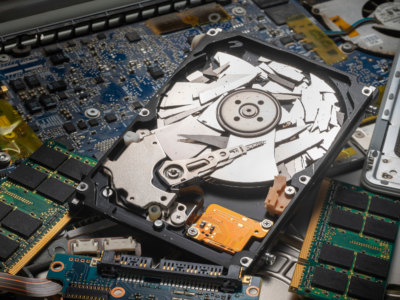
You already know that hard drives can fail for any number of reasons. But what are the most common causes of hard drive problems?
Physical Damage
Physical damage is one of the most common causes of hard drive problems. The most obvious physical issue is if something has physically broken the outer shell of your drive, but other warning signs may indicate physical damage. Common signs include a failed connection when plugging into an external hard drive or strange noises like beeping and clicking coming from the drive.
To avoid physical damage, make sure your hard drive isn’t placed in an area where it can easily be bumped or dropped – and always keep a backup of any important data!
Overheating
Another common issue that can cause hard drive failure is overheating. Hard drives generate a lot of heat during normal operation, which can cause them to malfunction. Common signs of overheating include your system slowing down or shutting down unexpectedly as well as strange noises coming from the hard drive itself.
To help prevent overheating, make sure your hard drive has ample ventilation and that it is not placed near any major heat sources such as a window or furnace. Additionally, if you’ll be running intensive tasks like video editing or gaming, consider investing in an external cooling fan to keep the hard drive at optimal temperature.
Corrupted Data and Software Issues
Data corruption and software issues can also be major causes of hard drive problems. This can happen when data becomes corrupted due to power outages, viruses, or bugs in the operating system or applications being used. Common signs of data corruption include difficulty opening documents and files, application errors, or slow performance on your computer overall.
To avoid these issues, make sure you have an up-to-date antivirus program installed on your computer and keep all of your software updated. Additionally, be sure to back up important data regularly to avoid losing it in the event of a system crash.
Excessive Data Access
Excessive data access can also cause hard drive problems. Constant reading and writing of data to the hard drive can wear it down over time, leading to reduced performance or even complete failure. Common signs of excessive data access include computer slowdown or freezing as well as loud noises coming from the hard drive while in use.
To help prevent this issue, try to limit the amount of data that is read and written from your hard drive. Additionally, if you’re running intensive tasks like video editing or gaming, consider investing in a Solid-State Drive (SSD) which will be able to handle more frequent data access without slowing down your system. Finally, make sure that your hard drive is free of viruses and malware which can also cause excessive data access.
Outdated Hardware or Operating System
Outdated hardware or operating systems can also cause hard drive problems. As technology advances, so do the requirements for running certain programs and applications. If your hardware or operating system is too old, you may encounter issues installing new software or even have difficulty accessing certain websites. Common signs of outdated hardware include slow loading times, application errors, and frequent crashes.
To prevent these issues, make sure you keep your operating system and hardware up-to-date with the latest versions. Additionally, consider upgrading your hardware if you’re running older components that may not meet the current requirements for certain applications or programs. Finally, back up important data regularly in case anything goes wrong during an upgrade process.
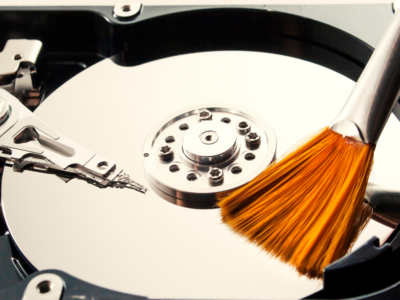
Why is it important to understand and prevent hard drive issues?
It is important to understand and prevent hard drive issues in order to ensure the health of your system and the integrity of your data. Hard drives are a key component of any computer, as they store all of your applications, documents, photos, music, and more. If something goes wrong with the hard drive, you can lose access to all that data. By understanding the common issues that can occur and taking steps to prevent them, you can help keep your hard drive running smoothly for years to come. Preventative maintenance such as regularly scanning for viruses, making sure your software is up-to-date, and backing up important data can go a long way in avoiding potential problems down the road.
What are the consequences of hard drive failure?
The consequences of hard drive failure can be devastating, ranging from lost data to complete system failure. Depending on the severity of the issue, you may be unable to access any of your stored documents or applications. In some cases, the data can even be unrecoverable if it hasn’t been backed up elsewhere. Additionally, hard drive failure can be expensive. You might need to get new hardware and software to recover what was lost. Finally, serious hard drive issues can often lead to system-wide issues, even causing a complete shutdown of the computer. For these reasons, it is important to take proactive steps to prevent hard drive failure before it happens.
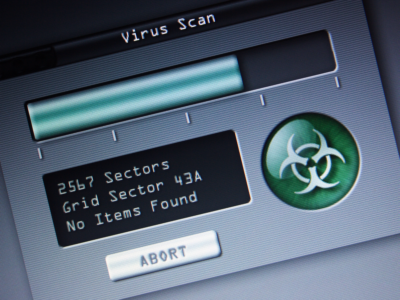
In conclusion, there are plenty of common causes of hard drive problems that can be avoided with proper maintenance and preventive measures. These include physical damage such as dropping the drive, overloading the system, exposure to extreme temperatures, viruses, and malware attacks, and outdated hardware or operating systems. To prevent hard drive issues from occurring in the first place, regularly scan for viruses and malware, back up important data frequently, keep your hardware and software up-to-date, and avoid physical damage by handling the drive with care. Following these steps will help you ensure that your hard drive remains in top condition for years to come.


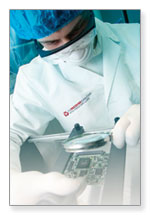


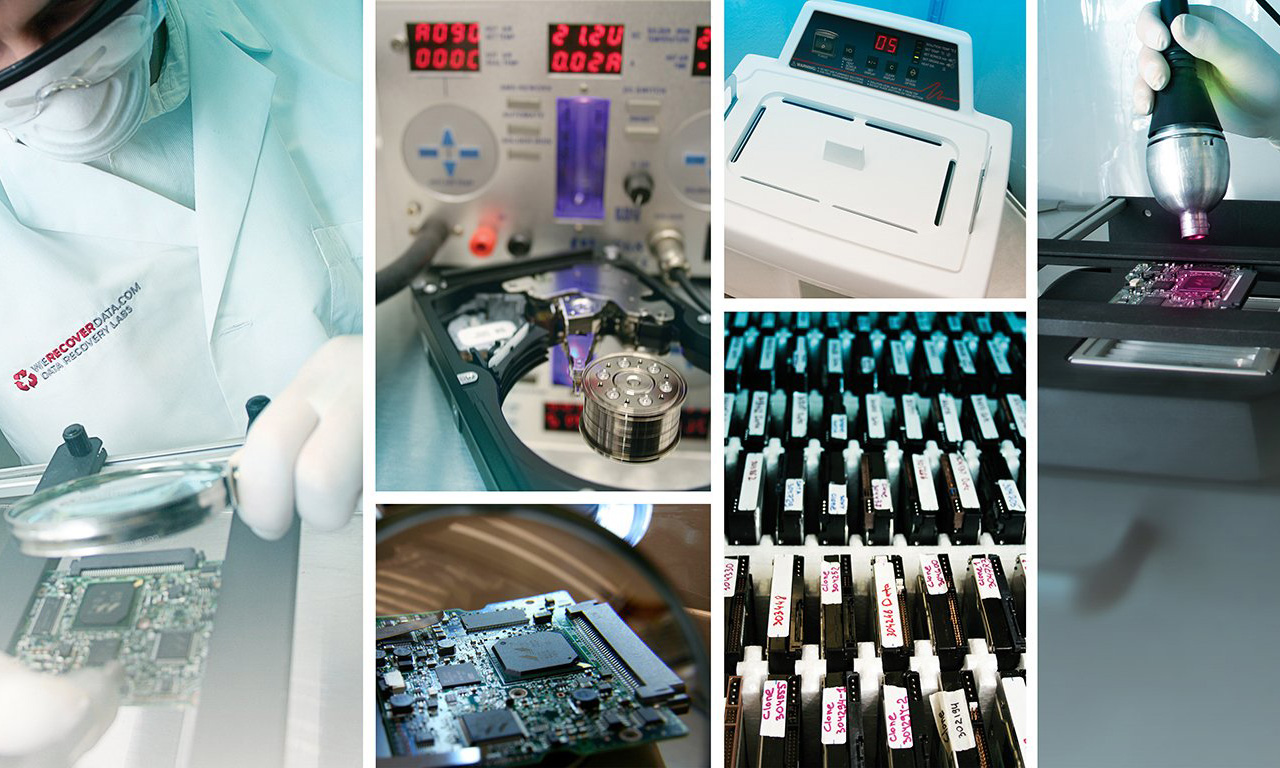
















Leave a Review
You must be logged in to post a comment.